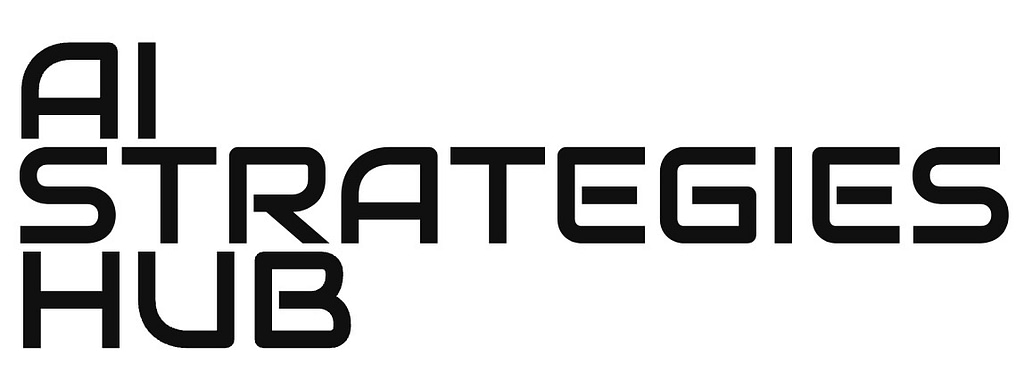Alright, folks, we’ve got a fantastic journey ahead as we delve into the world of AI and how companies can truly excel in this field. To guide us, let’s explore some key insights and practical steps.
What Makes a Company Shine in AI?
Let’s kick things off by pondering a vital question: What sets apart a company that’s merely good at AI from one that’s truly exceptional? To answer this, we’ll draw inspiration from the rise of the Internet and how it transformed businesses.
Learning from the Internet Era
Picture your favorite shopping mall—mine happens to be the Stanford Shopping Center. Now, imagine creating a website for this shopping paradise, perhaps even selling products online. But does that alone transform the shopping mall into a full-fledged internet company? Not really.
So, what makes a real internet company? It’s not just about having an online presence; it’s about leveraging the internet’s unique strengths. Internet companies excel in rapid experimentation, using pervasive A/B testing to determine what works best. This allows them to learn and adapt at lightning speed.
In contrast, traditional malls can’t create parallel universes to test different layouts every week. They’re stuck with lengthy redesign cycles that happen every few months.
Moreover, internet companies distribute decision-making authority, empowering engineers and specialized roles like product managers to make critical choices. It’s not a one-size-fits-all model dictated by the CEO. This approach thrives in the fast-paced internet era, where those on the front lines understand the technology, product, and user needs best.
So, the lesson from the internet era is clear: successful companies leverage the internet’s strengths to thrive.
Applying the Internet Lesson to AI
Now, let’s transport this lesson to the AI era. Simply incorporating a few neural networks or deep learning algorithms into your company doesn’t instantly make it an AI juggernaut. To become a standout AI company, you need to harness what AI does exceptionally well.
AI companies are experts at strategic data acquisition. They understand that even products without immediate monetization potential can yield invaluable data. Think of it as planting seeds for future knowledge and insights.
Another hallmark of AI companies is their unified data warehouses. If you’ve got 50 different databases controlled by various departments, good luck trying to connect the dots. AI companies consolidate data into a single warehouse, allowing teams to spot patterns efficiently while respecting privacy regulations like GDPR.
AI companies also excel in spotting automation opportunities. When they see a task that can be automated using supervised learning algorithms, they’re all in. This frees up human resources for more creative and complex tasks.
In summary, becoming an AI-savvy company means restructuring your operations to maximize what AI does best.
The Five-Step AI Transformation Playbook
Now, let’s tackle the question: How can your company become great at AI? It’s not an enigmatic process; it’s systematic. Even a decade ago, the tech giants we know today weren’t AI powerhouses. Here’s the five-step AI transformation playbook to guide you:
Step 1: Execute Pilot Projects
Start small. Run a few pilot AI projects to gain hands-on experience. Learn what works and what doesn’t. You can do this in-house or with external teams, but the key is practical learning.
Step 2: Build an In-House AI Team
Invest in your talent pool. Develop an in-house AI team and provide comprehensive training. This education isn’t limited to engineers; managers, division leaders, and executives should all grasp AI’s potential and limitations.
Step 3: Develop an AI Strategy
With a better understanding of AI, it’s time to formulate a strategy. How can AI best serve your company’s goals? What are the long-term benefits? Your strategy should be the North Star guiding your AI journey.
Step 4: Align Communications
Achieving internal and external alignment is crucial. Ensure that everyone – employees, customers, investors – understands how your company is navigating the AI landscape. Transparency and clarity are your allies.
Step 5: Embrace Continuous Learning
AI is a dynamic field. Encourage ongoing learning and adaptation within your organization. Staying at the forefront of AI developments is crucial to long-term success.
The Future of AI
AI has already revolutionized the software industry, and its impact continues to expand across various sectors. By helping your company become proficient in AI, you can play a pivotal role in unlocking its full potential.
In this discussion, we’ve touched upon what distinguishes a great AI company and introduced the five-step AI transformation playbook. If you’re eager to dive deeper into this topic, you’ll find a comprehensive AI transformation playbook online, delving into each step in greater detail.
Understanding what AI can and cannot do is a critical aspect of this journey. In our next video, we’ll provide real-world examples to help you choose AI projects effectively aligned with your company’s goals.
So, stay curious, keep learning, and remember: the path to becoming great at AI is open to those who are willing to explore.


